(ThyBlackMan.com) Diddy’s plans to buy an NFL team seem consistent with some Tweets that he posted in August in which he urged black people to follow Marcus Garvey and to achieve economic independence. Economic independence was only one aspect of Garvey’s ideology, however. Marcus Garvey envisioned a complete liberation from all forms of oppression. Garvey was certainly a capitalist, but he was also someone who was very critical of some of the more exploitative elements of capitalism. For example, Garvey once declared: “We have not only to fight the white capitalist, but we also have to fight the capitalistic Negro. He will sell his own people into Hell the same as anybody else.”
Marcus Garvey’s vision of economic freedom for black people was not a vision in which a small number of black individuals enrich themselves. His vision was one of collective economic empowerment. To achieve this goal the Universal Negro Improvement Association operated numerous businesses, which employed many people. The UNIA also provided much needed services, such as the Black Cross 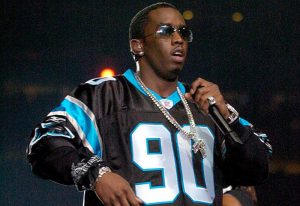 Nurses who provided medical care for people. The UNIA also purchased spaces which were renamed Liberty Hall. These Liberty Halls were used for multiple functions such as prayer services, concerts, soup kitchens, and even homeless shelters. The UNIA brought in large sums of money, but Garvey did not personally profit from much of it. Marcus Garvey himself explained that he gave all of his money to the movement.
Nurses who provided medical care for people. The UNIA also purchased spaces which were renamed Liberty Hall. These Liberty Halls were used for multiple functions such as prayer services, concerts, soup kitchens, and even homeless shelters. The UNIA brought in large sums of money, but Garvey did not personally profit from much of it. Marcus Garvey himself explained that he gave all of his money to the movement.
When Marcus Garvey returned to Jamaica he organized a political party of his own and drafted a manifesto which called for policies to assist the working class in Jamaica. This included an eight-hour work and minimum wage. Garvey’s emphasis was always on collective mass empowerment, not only a few wealthy individuals amassing more wealth for themselves. Garvey believed that “no individual should be allowed the possession, use or privilege to invest on his own account more than a million, and no corporation should be allowed to control more than five million.”
When Jay-Z released his latest album he also sparked some debate over Black Capitalism because a major theme in his album was that of black ownership and wealth. In one of his songs Jay-Z says: “What’s better than one billionaire? Two.” But in what way would two black billionaires help black people? We have to understand the difference between collective economic empowerment and the type of capitalist worldview that celebrates a few black millionaires while ignoring the suffering black masses. This was also an issue that came up when Nicki Minaj performed in Angola. Nicki Minaj took a picture with Isabel dos Santos and praised her as being an example of girl power because Isabel is one of the world’s richest women.
Nicki Minaj could not be bothered with the fact that Isabel’s wealth came largely from the fact that her father ran Angola as dictator before he stepped down from power. During the time that José Eduardo dos Santos was in power, Angola was a nation with extreme wealth inequality and corruption on the part of the ruling elite. Angola was also the same country in which 15 activists were arrested simply for reading books about non-violent resistance against repressive governments. This was the type of exploitation and repression that Isabel dos Santos’ wealth was built on, and Nicki Minaj was so blinded by her own capitalistic worldview that she praised Isabel without any regard for the suffering masses in Angola.
We should not mistake the enrichment and the advancement of certain individuals as being the collective advancement of black people. If Diddy does buy the Panthers then it will certainly enrich himself and whoever else he decides to hire, but it would do very little to address the economic, social, political, psychological, and medical problems that confront black people on a regular basis. If Diddy and others are serious about following Marcus Garvey then they should embrace Garvey’s entire message, rather than confusing Marcus Garvey’s message of collective economic independence for a message of individual capitalism.
Written by Dwayne Wong (Omowale)
Official website; http://www.facebook.com/restoringtheafricanmind
















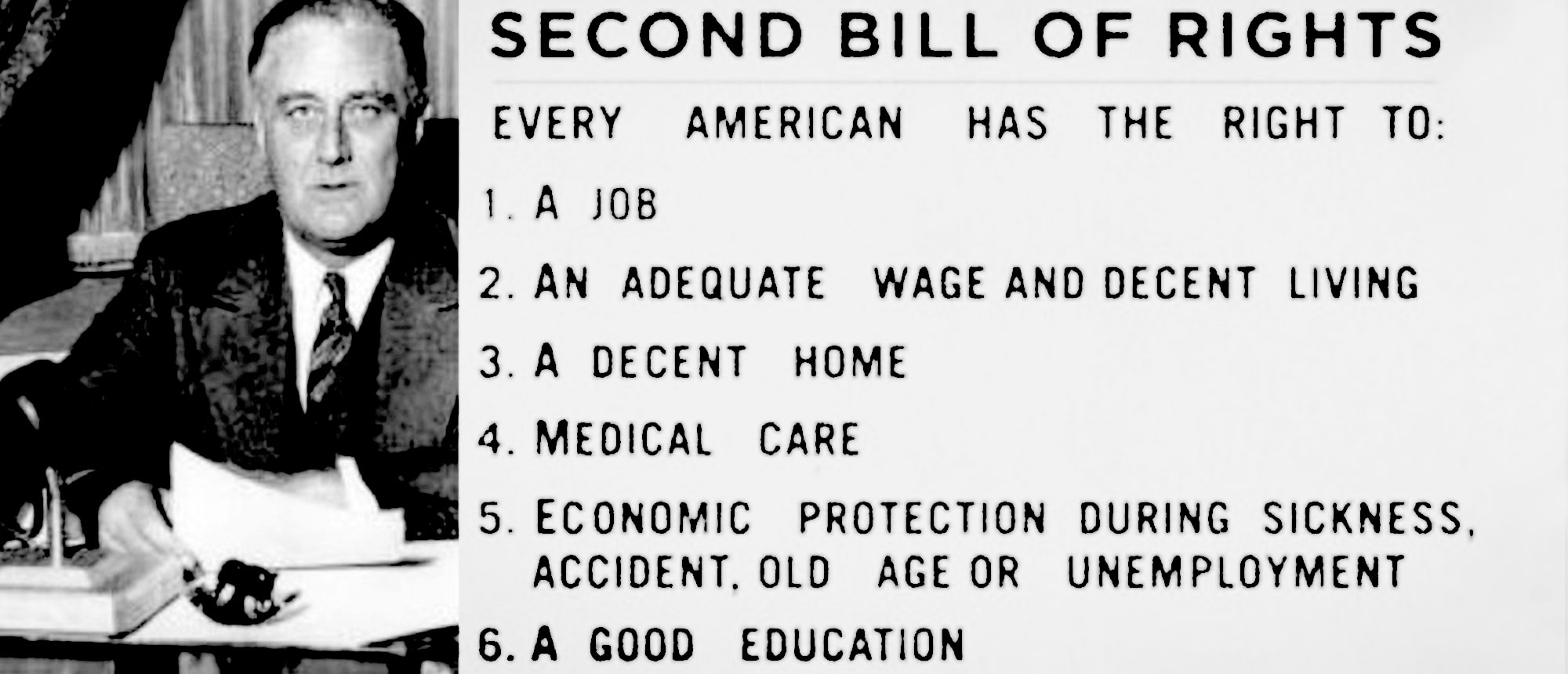
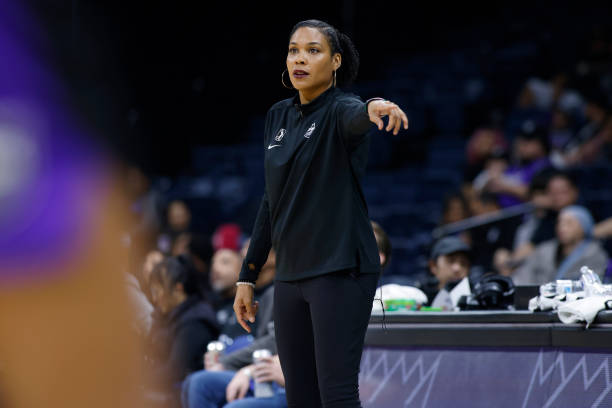
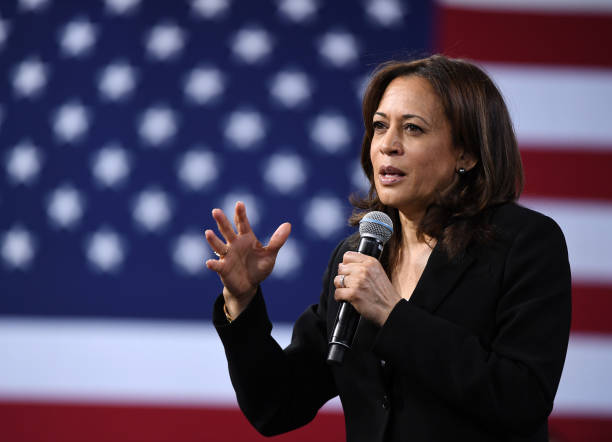
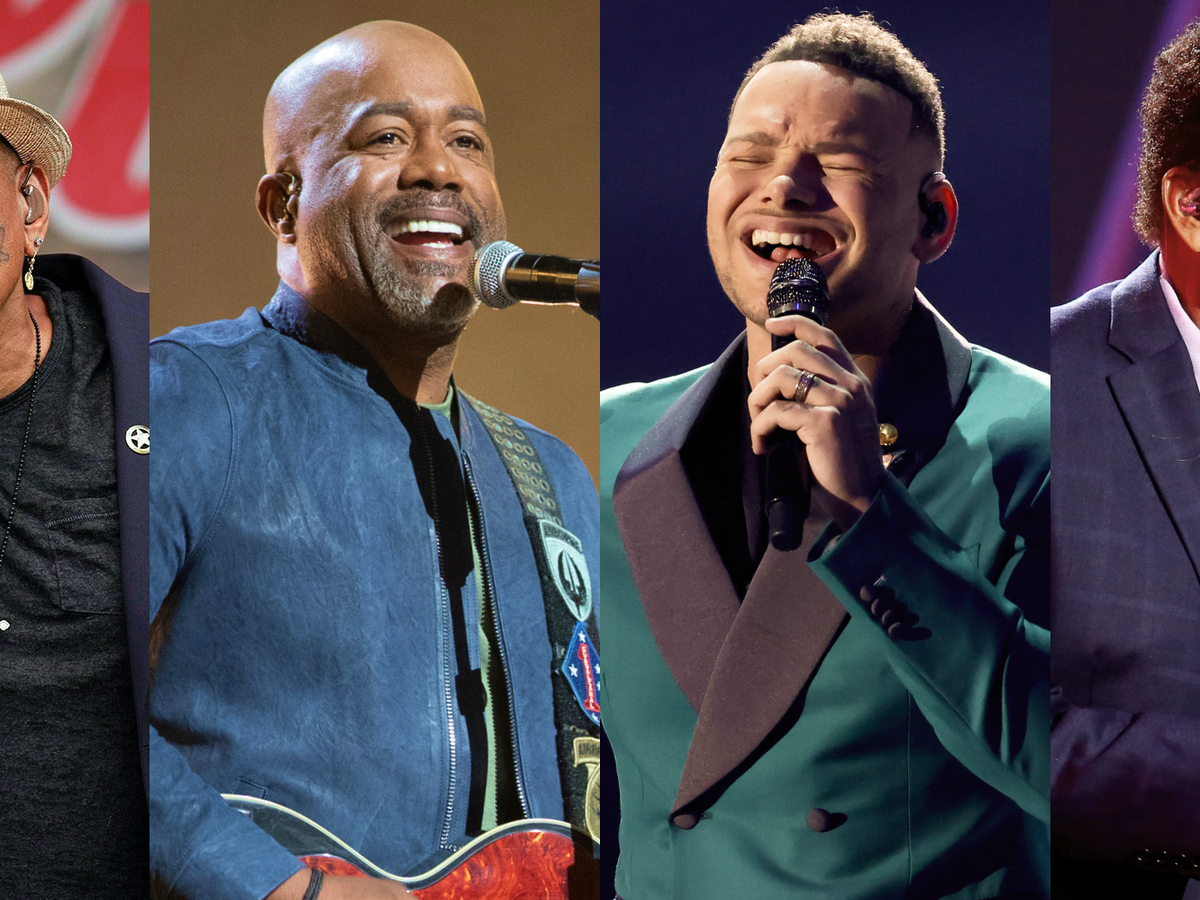
Leave a Reply